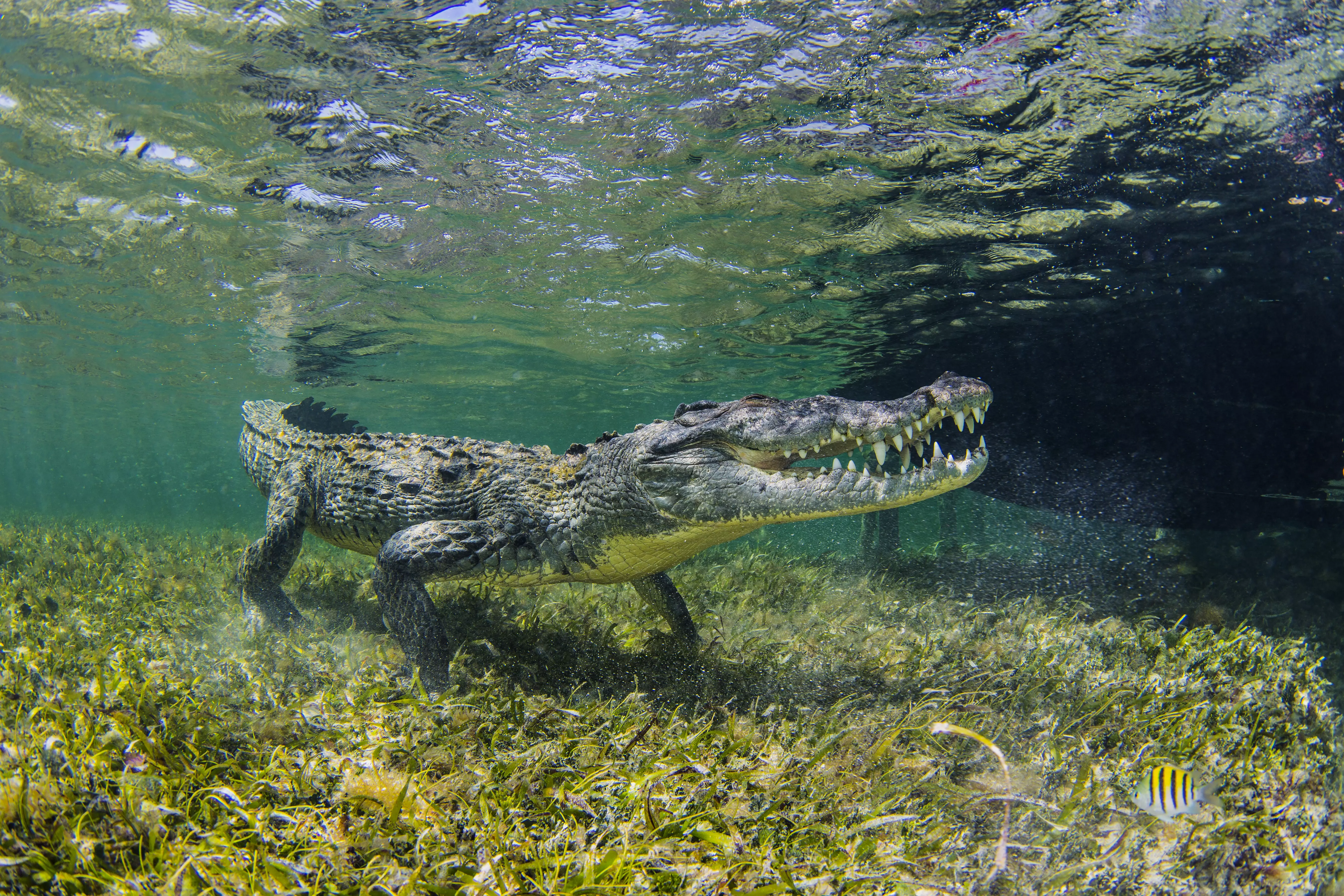Threats to animal species from climate change
Man is responsible for bringing about changes in our planet's climate. Greenhouse gas emissions and increasing deforestation are contributing to global warming. This climate change has serious consequences for many animal species around the world. Let us now turn to a discussion of the most important threats facing animals.
Habitat change and loss of habitat
One of the main threats to animals from climate change is the loss of suitable habitat and a change in living conditions. In some regions, such as polar areas, melting ice and a decrease in the amount of available surface area can lead to a decline in populations of polar animals such as bears and seals. Also, for animals living at high altitudes, such as mountain goats and snow leopards, changes in temperature and weather conditions can result in reduced food availability.
Loss of habitat can also result from other effects of climate change. For example, rising sea levels can lead to coastal erosion and flooding of marsh areas and marine habitats, posing a serious threat to various aquatic animal species. In addition, extreme weather events such as floods and droughts can significantly affect the availability of food and water, which in turn affects terrestrial species.
Changes in food availability
Another important threat to animal species is changes in food availability. Global warming affects vegetation, which in turn affects the availability of food for animals. Many animal species are closely tied to a particular type of food, so their survival depends on the availability of suitable plants or other organisms for their food.
Changes in the amount of available food affect entire food chains. When one group of organisms has difficulty obtaining food, other groups are affected. For example, if a certain plant species is decimated by climate change, this will reduce the availability of food for the animals that feed on these plants, which in turn can lead to a reduction in the population of predators that depend on these animals.
Change in reproductive cycles
The effects of climate change on animals can also manifest themselves by changing their reproductive cycles. Rising temperatures can affect the timing and seasonality of reproduction. For example, reproduction of many amphibian species depends on the corresponding conditions occurring in breeding habitats. If climate change affects these conditions, reproductive cycles can be disrupted and they may find themselves in danger.
Temperature changes can also affect sex ratios in some species. In some species of sea turtles, for example, the temperature of egg incubation determines the sex of individuals. An increase in temperature can lead to more males than females, significantly affecting the balance of species in the population.
Increased risk of disease
Climate also affects the occurrence of diseases. Changes in temperature and humidity can create more favorable conditions for disease spreaders such as mosquitoes and ticks. As a result, animals may find themselves at greater risk of infections that can lead to serious diseases.
What's more, climate change can also disrupt the natural life cycles of organisms, resulting in a weakened immune system. In this case, animals become more susceptible to infections and have difficulty fighting off diseases. Some species may even face extinction due to disease outbreaks caused by climate change.
Summary
Climate change is having serious consequences for various animal species around the world. Threats such as loss of habitat and habitat, changes in food availability, disruption of reproductive cycles, and increased risk of disease pose serious challenges to the survival of many animal species. Therefore, it is important to take appropriate measures to protect the environment and prevent further climate change in order to minimize the negative effects on animals and the entire ecosystem. The future of our animal species depends on our actions now.